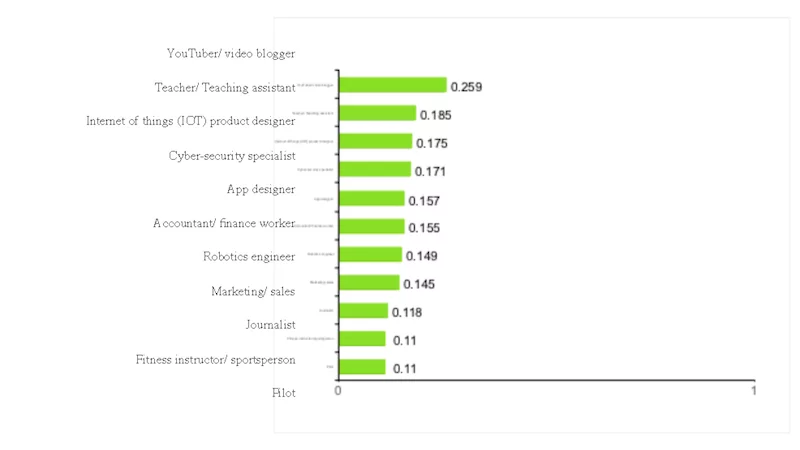Vodafone India today announced the launch of an international future jobs programme 'what will you be?' to provide career guidance and access to training content in the digital economy for up to 5 million youth in India and 10 million young people across 18 countries by 2022. Vodafone says that this digital skills and jobs initiative is the largest of its kind in the world. As part of this initiative, Vodafone has developed an online platform, namely, Future Jobs Finder, which is accessible to all youth for career guidance, access to relevant training and search meaningful jobs in the digital economy globally. The first step in the Future Jobs Finder is a series of quick psychometric tests designed to identify each individual’s aptitudes and interests and then map these to the most appropriate job category in the digital economy.

In the second step, the individual is directed to specific job opportunities in their chosen location. Users can also access relevant online digital skills training on this platform, where several courses are available free of cost. On completing the tests, users also receive a summary of their skills and interests that can be used on their C.V. or in a job application.
Vodafone also stated that it has worked with specialist psychologists, careers advisers and training providers to develop a smartphone-based service - called the Future Jobs Finder (https://futurejobsfinder.vodafone.com/) - that offers young people a simple but comprehensive gateway to new skills and opportunities for employment in the digital economy.
Furthermore, Vodafone commissioned YouGov to ask 6,000 18-24-year-olds in 15 countries for their views on their future career aspirations and concerns.
Also, the telco mentioned a survey named 'YouGov-The State of iGen Survey – India findings,' where it revealed the findings of youth in India. In the survey, it is revealed that almost one in five young people surveyed said they lack the skills to do any job at all. Almost one in five young people feel under-prepared for the digital economy.
Over half of the people said that the hardest job for their generation is finding a well-paid, permanent job. Over half youth surveyed preferred modern jobs over traditional jobs, and young women equally favour Modern jobs as men.
Lastly, five of the top 10 appealing jobs were Modern careers including YouTube Blogger (26%), Internet of Things Product Designer (18%), Cyber Security Specialist (17%) and Robotics Engineer (15%).















